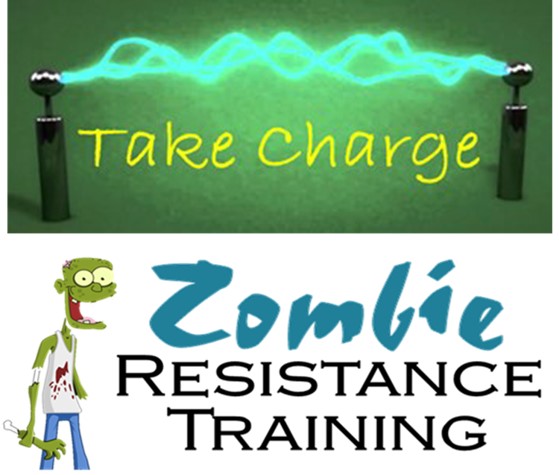
These are the only two currently known examples of intervention programs and/or curricula taking account of the Code of the Street and addressing its associated behavioral and criminality-promoting influences . Both of the existing programs I designate as “Code of the Street-informed” that is, they “take account” and “address issues” associated with the Code of the Street without its being explicitly named or referred to in content. This is in contrast with “Code of the Street-based” programs in which education about the Code of the Street is integral to its model of change and therefore explicitly referred to by name.
One of the several objectives of the codeofthestreet.net is to identify and call attention to what are doubtless numerous other such programs and ultimately to become a definitive directory of Code of the Street-informed and -based programs that tracks and reports on their respective progress or otherwise towards achieving Evidence-Based Program status.
Find below a new category for innovative curricula and programs for high school students and adolescents that more generally educate about urban- or African-American culture or history
I. Code of the Street-informed programs
“Code of the Street-informed” describes programs and curricula that takes account of the Code of the Street in addressing predicted and associated behavioral and criminality-promoting influences without the Code of the Street being explicitly named or referred to in content.
Fight Navigator [Anger Management]

Barrett and Kupersmidt | Innovation Research and Training
Taking Charge / Zombie Resistance Training
Curt Byers | Wealwright Group
Follow link above to detailed description of these curricula.


I. Code of the Street-based programs
In “Code of the Street-based” programs education about the Code of the Street is integral to its model of change and therefore explicitly referred to by name.
There as of yet no known examples of this kind of program.

